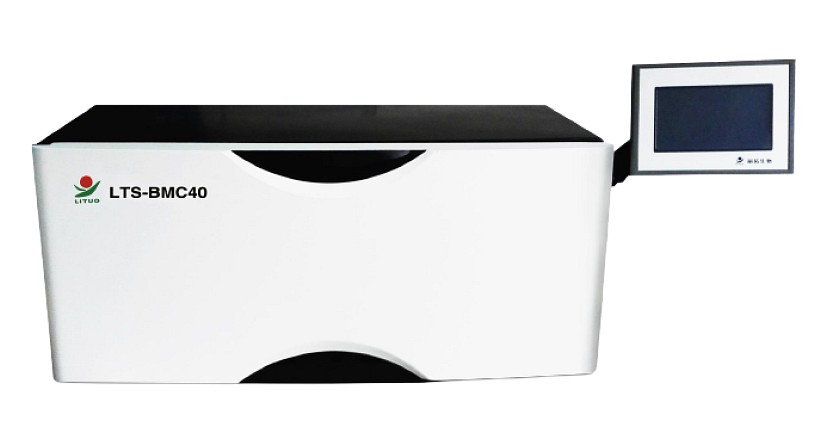LTS-BMC40
The LTS-BMC40 is a compact and cost-effective 3-part hematology analyzer delivering up to 40 CBC tests per hour. Using impedance and colorimetry, it provides dependable counts for WBC, RBC, HGB, and platelets with ~20 parameters and histogram outputs. With its smaller footprint, touchscreen interface, and LIS connectivity, the LTS-BMC40 is the ideal solution for clinics, community labs, and entry-level hospital settings that require accurate CBC analysis without the complexity or cost of higher-throughput analyzers.
For more info: Download Datasheet


